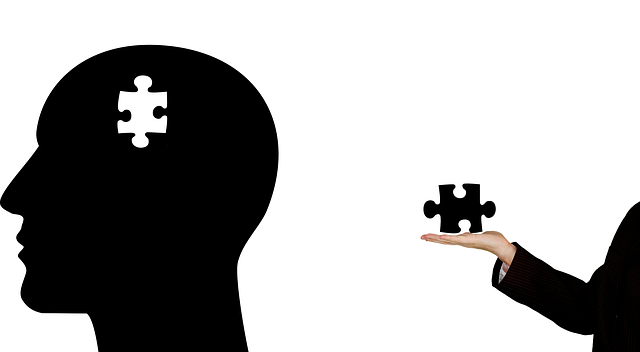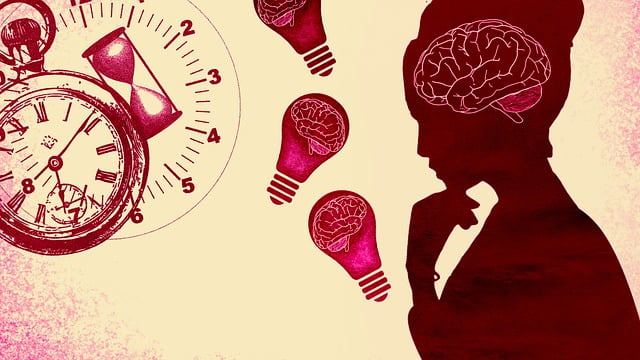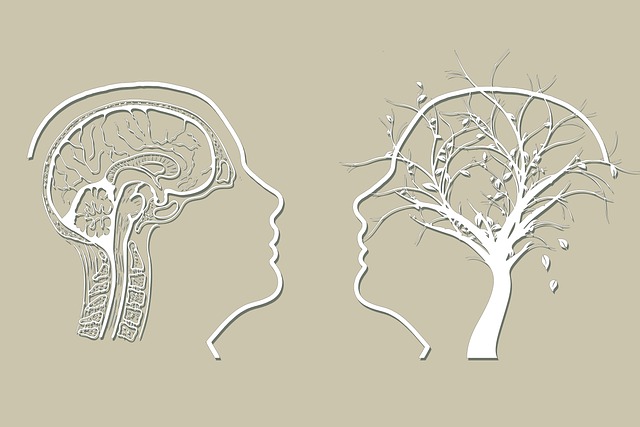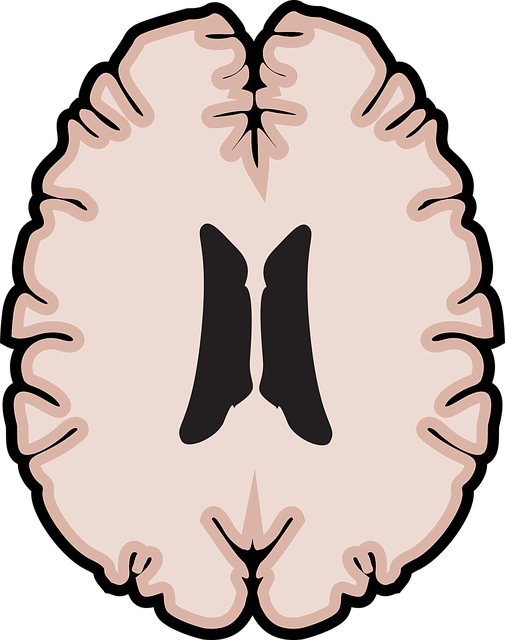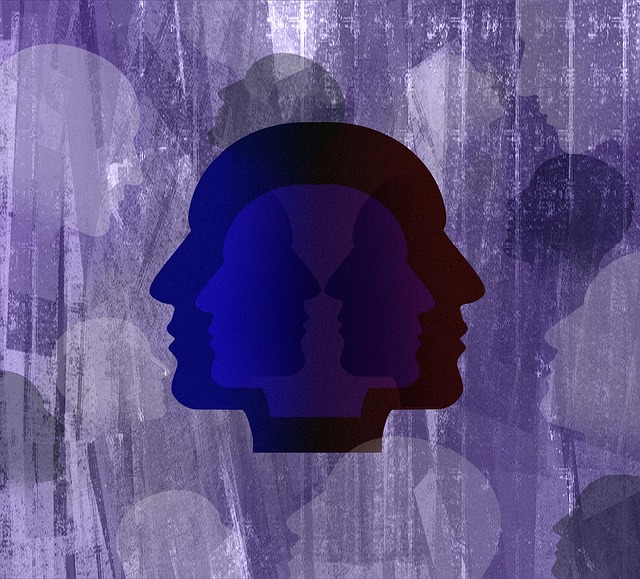In providing therapy for children with developmental disabilities, cultural sensitivity is crucial. Understanding and respecting diverse cultural backgrounds, values, family structures, and communication styles builds trust and equitable care. This tailored approach enhances engagement, improves outcomes, and empowers therapists to create safe, supportive environments. By addressing cultural nuances, practitioners can effectively manage crises, resolve conflicts, and significantly impact these children's well-being. Incorporating culturally relevant practices ensures access to quality care, fostering positive outcomes for kids navigating both cultural and psychological challenges.
Cultural sensitivity is an essential aspect of mental healthcare, especially when treating children with diverse backgrounds. This article explores the impact of cultural factors on child development and behavioral issues, offering insights into culturally competent practices within therapy sessions. We delve into specific strategies for navigating therapy with children having developmental disabilities, addressing disparities, and enhancing access to quality care. Understanding cultural sensitivity is crucial in ensuring effective support for these young minds.
- Understanding Cultural Sensitivity: Why It Matters in Mental Healthcare
- The Impact of Cultural Background on Child Development and Behavioral Issues
- Navigating Therapy for Children with Developmental Disabilities: A Cultural Perspective
- Strategies for Culturally Competent Practice in Mental Health Care
- Enhancing Access to Quality Therapy: Addressing Disparities Through Cultural Sensitivity
Understanding Cultural Sensitivity: Why It Matters in Mental Healthcare

In the diverse landscape of mental healthcare, cultural sensitivity is a cornerstone of effective therapy. Understanding and appreciating the unique cultural backgrounds of patients, especially those with developmental disabilities, is essential for fostering trust and ensuring equitable care. Cultural sensitivity goes beyond mere awareness; it involves recognizing and respecting differences in values, beliefs, family structures, communication styles, and expressions of emotion across various communities. This nuanced approach to therapy empowers healthcare providers to offer tailored support that resonates with individuals’ cultural identities.
For children with developmental disabilities, cultural sensitivity is particularly critical as it can significantly impact their engagement and outcomes in therapy. By incorporating culturally informed practices, therapists can create a safe and supportive environment, enhancing the child’s willingness to participate and build resilience. Moreover, addressing cultural nuances equips practitioners with the skills for effective crisis intervention guidance and conflict resolution techniques, enabling them to navigate complex situations with empathy and expertise.
The Impact of Cultural Background on Child Development and Behavioral Issues

Children’s cultural backgrounds significantly shape their development and can influence the emergence of behavioral issues. Different cultures have unique values, beliefs, and norms that impact how children understand and express their emotions, interact with others, and cope with stress. For instance, a child from a collectivist culture may prioritize group harmony over individual expression, leading to internalized conflict if their needs are not met within the familial or community structure. Conversely, a child raised in a individualistic culture might struggle with externalizing behaviors as they learn to navigate personal autonomy and independence.
Understanding these cultural nuances is essential for mental health professionals providing therapy for children with developmental disabilities. Employing techniques that promote emotional well-being requires sensitivity to cultural contexts. Mental Health Policy Analysis and Advocacy play a crucial role in ensuring diverse communities have access to culturally competent care, preventing burnout among therapists, and ultimately fostering positive outcomes for children navigating both cultural and psychological challenges.
Navigating Therapy for Children with Developmental Disabilities: A Cultural Perspective

Navigating therapy for children with developmental disabilities requires a nuanced cultural perspective to ensure effective and sensitive support. Each child’s experience is shaped by their unique cultural background, family dynamics, and individual needs. Therapists must be mindful of these factors to create an inclusive and safe space that respects and values diversity. By incorporating culturally relevant practices and tailoring interventions, therapists can foster meaningful engagement and enhance therapeutic outcomes.
Understanding the child’s cultural context enables practitioners to address specific challenges related to developmental disabilities within a broader social and historical framework. This approach facilitates self-esteem improvement and promotes positive coping mechanisms for stress reduction methods that resonate with the child’s identity and experiences. Additionally, integrating mental health education programs designed with cultural sensitivity can empower children and their families, nurturing resilience and fostering a deeper connection with therapeutic processes.
Strategies for Culturally Competent Practice in Mental Health Care

Culturally competent practice in mental healthcare involves strategies that bridge the gap between diverse backgrounds and therapeutic approaches. One effective method is to incorporate the child’s cultural context into therapy sessions, understanding that beliefs, values, and traditions shape their emotional expression and coping mechanisms. For instance, when working with children having developmental disabilities, therapists can create a safe space where families feel comfortable sharing their customs, which might include unique ways of expressing emotions or addressing challenges.
By doing so, professionals can tailor their therapy for children to include culturally relevant activities and techniques. This could involve teaching emotional regulation skills within the context of a child’s cultural identity, enhancing their depression prevention efforts, and building confidence boosting strategies that resonate with their heritage. Such an approach not only respects individual differences but also fosters trust and engagement in the therapeutic process.
Enhancing Access to Quality Therapy: Addressing Disparities Through Cultural Sensitivity

Cultural sensitivity plays a pivotal role in enhancing access to quality therapy, especially for children with developmental disabilities. By incorporating mindfulness meditation and emotional well-being promotion techniques into mental healthcare practices, therapists can create inclusive environments that cater to diverse cultural backgrounds. This approach not only improves therapy outcomes but also addresses disparities in care, ensuring every child receives the support they need regardless of their ethnic or socio-cultural identity.
For instance, risk management planning for mental health professionals should account for cultural differences in communication styles and expression of emotions. Therapists trained in cultural sensitivity are better equipped to adapt their practices, using techniques that respect and value families’ cultural beliefs and values. This personalized approach fosters trust and engagement, leading to more effective interventions. By addressing these disparities through cultural sensitivity, we can revolutionize therapy for children with developmental disabilities, promoting inclusive and equitable mental healthcare.
Cultural sensitivity is a cornerstone of effective therapy for children with developmental disabilities, addressing disparities and enhancing access to quality care. By understanding the impact of cultural background on child development and employing culturally competent strategies, mental health professionals can create safe, inclusive environments that honor diverse perspectives. This approach not only improves outcomes but also fosters trust and collaboration, ensuring every child receives the sensitive, tailored support they need on their journey towards healing.





